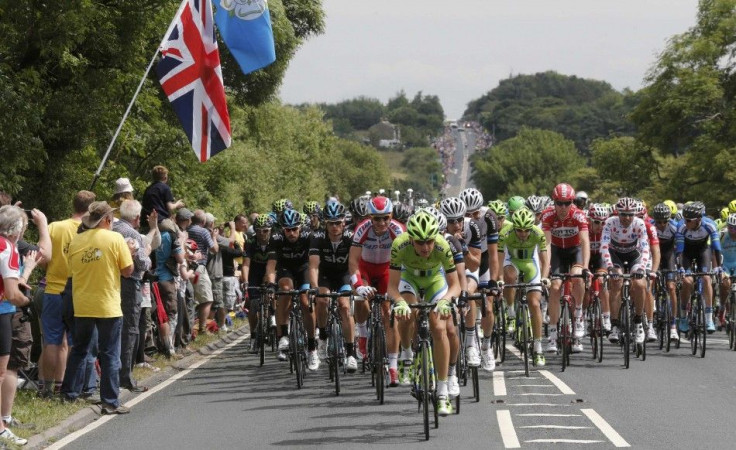Cycling Does Not Cause Infertility, But Raises Prostate Cancer Risk

Cycling does not cause infertility, contrary to age-old belief. However, it does raise risk of prostate cancer, say scientists at the University College London.
Though cycling is one of the best exercises, helping in lowering the risks of diabetes, strokes and other illnesses, it was believed till now that cycling can also lead to infertility or erectile problems. However, researchers at the University College London have evidence to show that while cycling does not lead to infertility, it does cause prostate cancer in men.
In what can be said, the biggest research project ever undertaken on the health impact of cycling, 5, 200 cyclists in the UK was studied. The study revealed that cyclists above 50 years of age, who spend more than nine hours a week cycling, are five times at a higher risk to develop prostate cancer. The aim of the research was to assess the cycling habits and the health of amateur as well as professional cyclists, hailing from different background. This is the first time that the sport has been linked to prostate cancer.
The researchers said that they tested more than 2, 000 participants aged above 50 and the statistical link did not prove that cycling causes prostate cancer. This, according to them, was surprising and attributed it to the fact that cyclists usually are health conscious and hence are likely to visit their doctors more often that people who are not health conscious. The researchers added that prostate cancer among cyclists could also occur due to an increased pressure on the prostate.
However, Dr Mark Hamer from the Department of Epidemiology at UCL, does not agree with the scientists. "These results are not straightforward. It may well be these men are more health aware and therefore more likely to get a diagnosis. Those who are cycling the most did not make up a huge sample, so more research is needed."




















